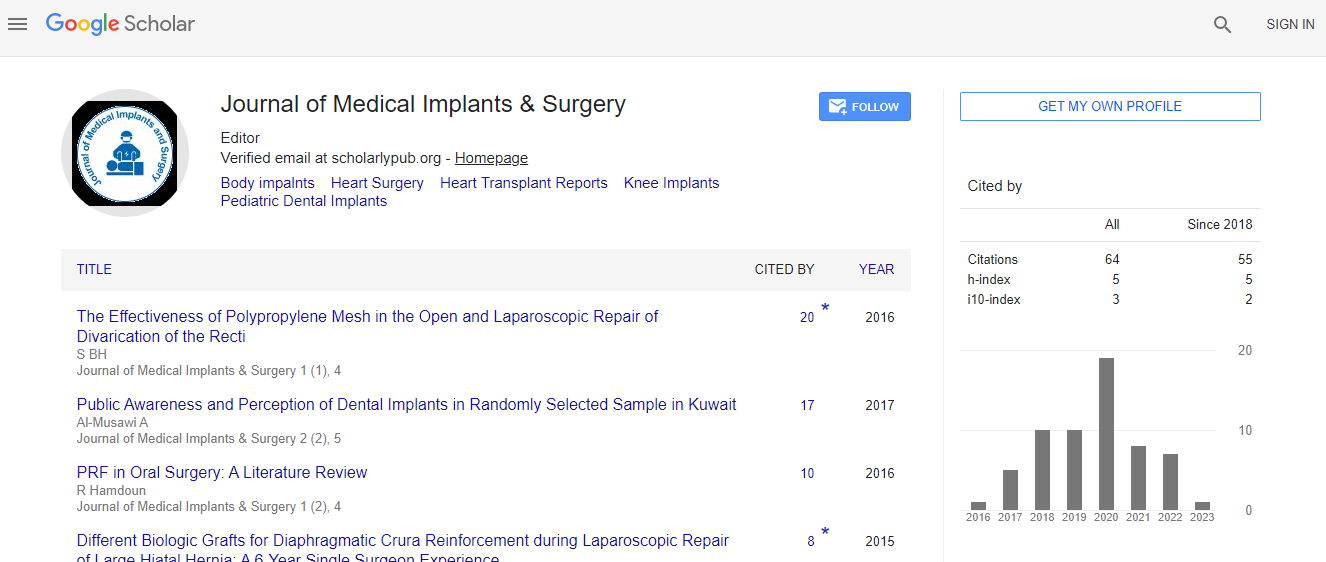Robotic Surgery Results in Better Outcomes in Gastric Bypass but not Sleeve Gastrectomy or Revisions: MBSAQIP database analysis for the years 2015-2018
Abstract
Introduction: Obesity is a major health concern in the
US and also worldwide. Bariatric surgery is the only safe
and effective treatment for obesity. The use of robotic surgery
in bariatric patients is controversial. The objective of
this study is to evaluate the outcome of robotic surgery
in bariatric patients based on the largest bariatric specific
database in the US, namely MBSAQIP (Metabolic and
Bariatric Surgery Accreditation and Quality Improvement
project).
Methods: Using the PUF (Public Utility File) provided by
MBSAQIP for the years 2015 to 2018 we selected all primary
gastric bypass patients (RYGB), sleeve patients (SG)
and revisions (REV) and divided them into two groups:
Robotic (R-) and Laparoscopic (L-). We then performed
a propensity score matching for all three categories based
on 12 significant preoperative risk factors and both
groups were then compared using separate chi square
tests, Cochran-mantel-Haenszel (CMH) tests, separate
t-tests for proportions and Mann Whitney rank sums test
as indicated. Primary outcomes included SAE (Serious
Adverse Events), OSI (Organ Space Infection), bleeding
and reoperation, intervention and drain present at 30
days. Secondary outcomes included operation length,
hospital stay, 30 day readmission rate, conversion to open
and 30 day mortality rate.Results: Primary R-RYGB had a
significantly lower incidence of SAE and bleeding (2.0%
and 0.7% for R-RYGB vs 2.4% and 1.3% for L-RYGB,
p<0.05) but higher incidence of 30 day reoperation compared
to L-RYGB (2.7% vs 2.3%, p<0.05). Primary R-SG,
however, were found to have a higher incidence of drain
and intervention at 30 days compared to L-SG (0.3% and
1.1% for R-SG vs 0.2% and 0.9% for L-SG respectively,
p<0.05). R-RYGB had a lower length of hospital stay compared
to L-RYGB (1.98 vs 2.02 days) but higher readmission
rates (7.1% vs 5.8%). R-SG had a longer hospital stay
and higher readmission rates compared to L-SG (1.63 vs
1.57 days and 3.5% vs 3.2% respectively, p<0.05). R-REV
had a significantly higher 30 day reoperation rate compared
to L-REV (8.2% vs 6.0%, p<0.05).
Conclusion: The use of robotic surgery in bariatric patients
is a controversial topic due to safety concerns and
lack of cost and clinical outcome data. Our analysis based
on the MBSAQIP PUF between 2015 and 2018 demonstrated
a benefit in gastric bypass patients but not sleeve
or revision patients. Randomized controlled trials are
needed to further clarify the benefit of robotic surgery in
bariatric patients.

 Spanish
Spanish  Chinese
Chinese  Russian
Russian  German
German  French
French  Japanese
Japanese  Portuguese
Portuguese  Hindi
Hindi 